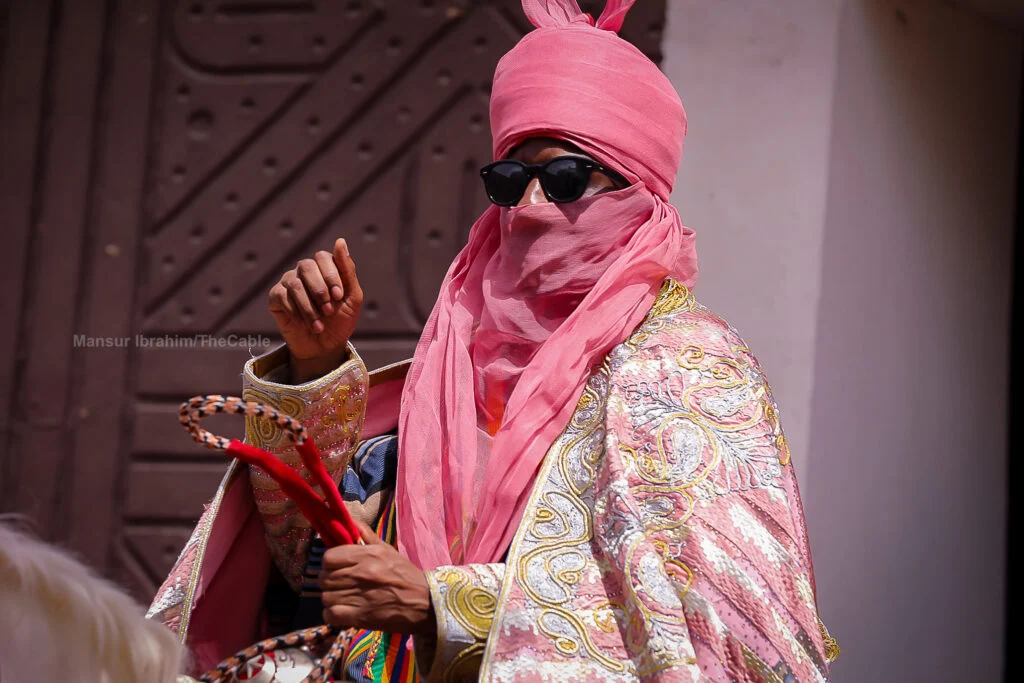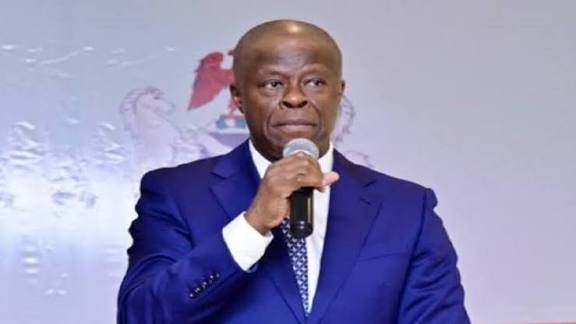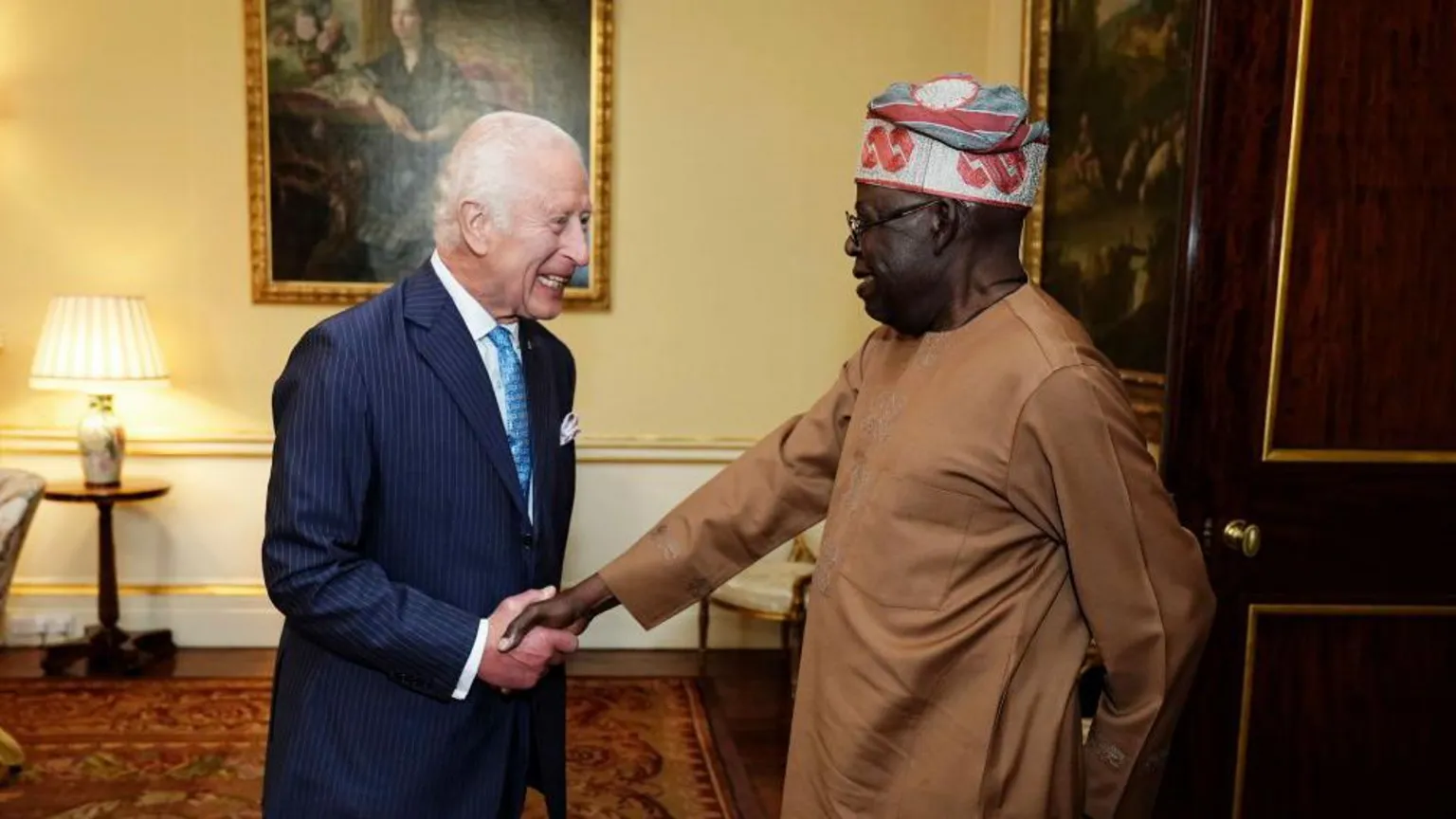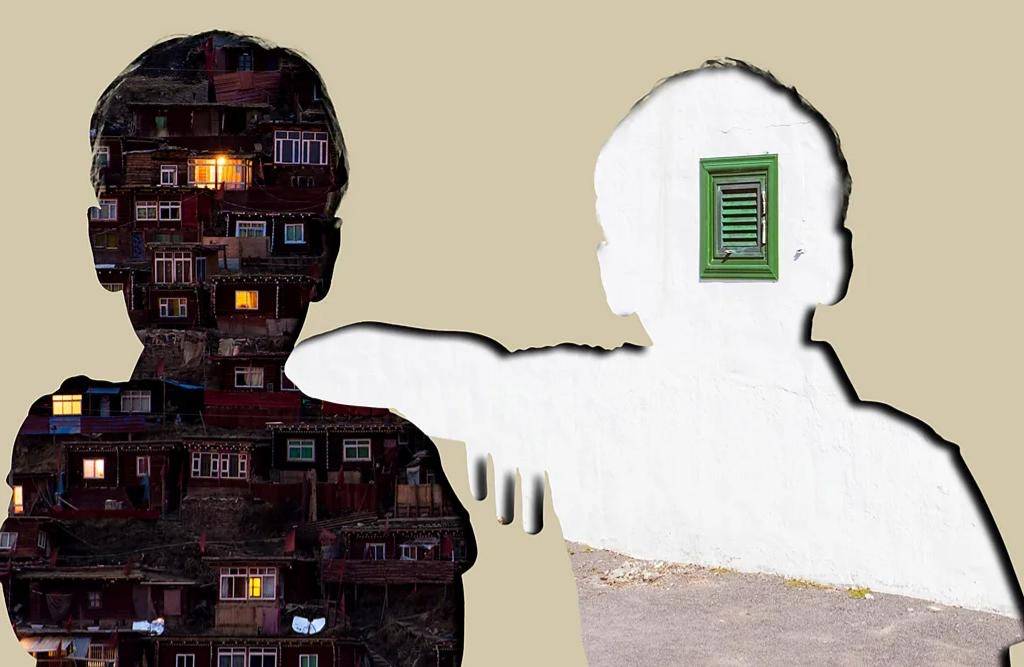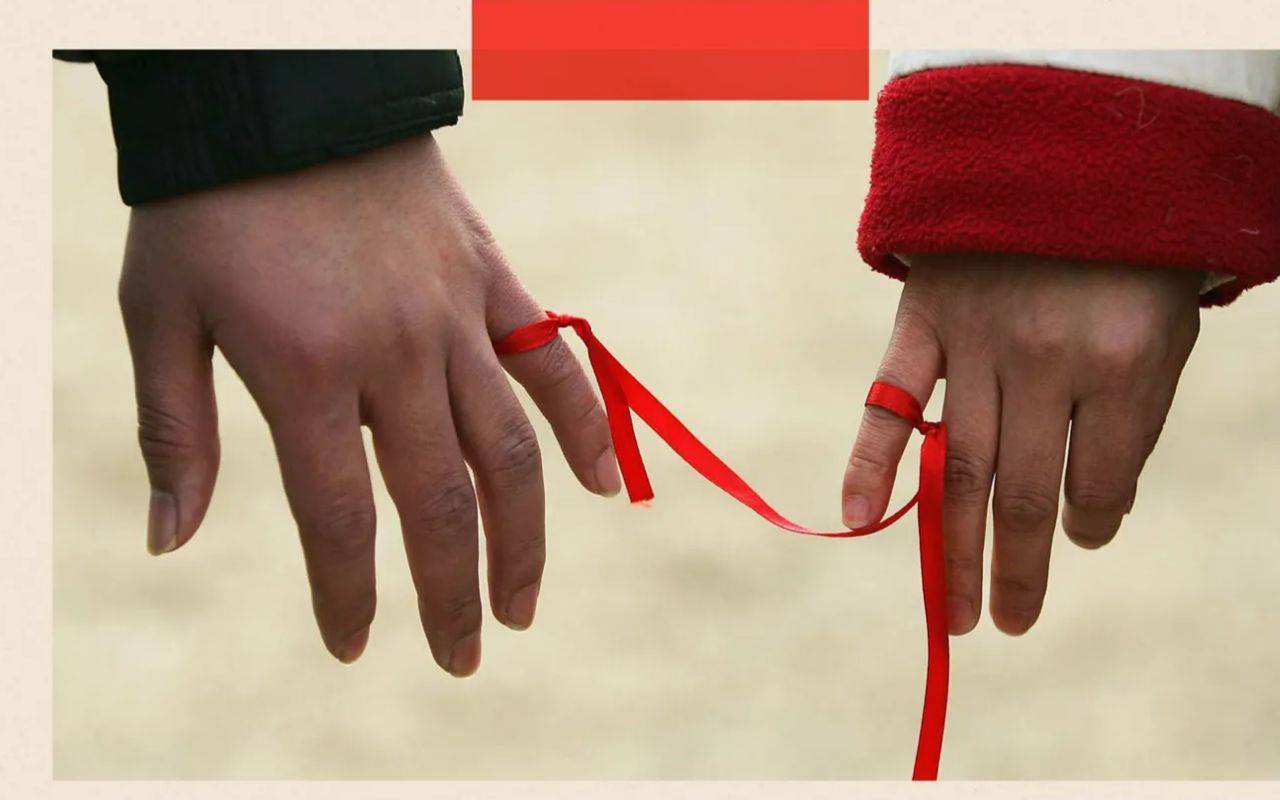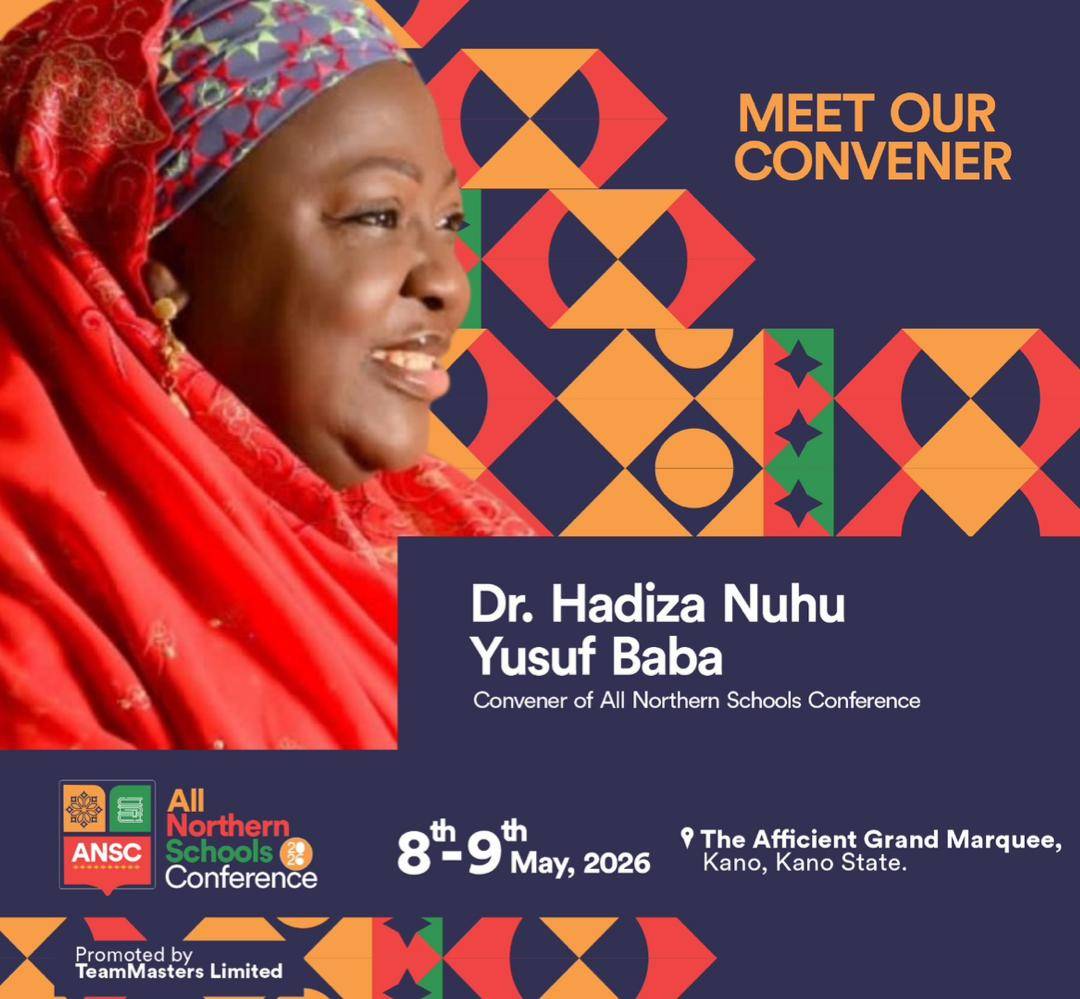By Mayowa Tijani
In 1984, Okunade Sijuwade, then the ooni of Ife, and Ado Bayero, the 13th emir of Kano, were reported to have travelled to Israel on what was supposed to be a fulfilling friends’ trip. Upon return, both kings were slammed with a travel ban and a suspension by the military government led by Major General Muhammadu Buhari. Other accounts say they were sentenced to a house arrest of six months by the military leadership.
Nigeria had severed diplomatic relationships with Israel, as many African countries did at the time. The travel ban on both monarchs was considered disrespecting the traditional stools of the Ife Kingdom and the Kano Emirate. When the late ooni was relating this story about two decades later, he said he and Ado Bayero were suspended because someone “sold a dummy” to the military that he went to Germany to recruit killers, and took them to Israel to be trained by MOSSAD to wrestle power away from Buhari for Obafemi Awolowo.
The military government took the ooni’s passports and found no German visa. This situation led to lifelong friction between Muhammadu Buhari and Oba Okunade Sijuwade. The ooni said he had forgiven Buhari, and even received him at his palace when he was campaigning in the 2000s. At this time, the ooni was politically a heavyweight. Ibrahim Babangida, who ousted Buhari, supported Sijuwade’s call for the creation of Osun State in 1991. He also favoured Olusegun Obasanjo for president, so he had influence at the highest levels.
About 30 years later, when Buhari and his co-travellers in the APC were going from palace to palace seeking political endorsements for a Buhari presidency, they conspicuously avoided the ooni, who was publicly supporting former president Goodluck Jonathan.
Fortunately for Buhari, he won the election with the help of the powers of that particular stool. In this chapter of history, Buhari seemed to have won the last round. But it was a worthy battle of heavyweights — 1984 to 2014.
WELCOME TO SANUSI’s 2014
In June 2014, Ado Bayero left ooni Sijuwade on this terrestrial plain to join his ancestors. This meant his emirship in Kano was vacant and had to be filled as soon as possible. There were a few contenders, but two stood out — Sanusi Lamido Sanusi, who was recently suspended as governor of the Central Bank of Nigeria (CBN) and Sanusi Lamido Ado Bayero, the crown prince and eldest son of the late Ado Bayero.
On the sidelines, heavy politics was in play. Before his death, the late Ado Bayero had a rift with Rabiu Kwankwaso, the governor of Kano state, over the king’s decision to appoint Mohammad Nasir Mohammad as the new Wazirin Kano. Kwankwaso was also running for president against Goodluck Jonathan, who had just suspended Sanusi Lamido Sanusi. So Kwankwaso was seemingly against the Bayeros and Jonathan.
While Sanusi Lamido Sanusi was easily the most accomplished of all the contenders for the Kano throne, the politics at play was also heavily in his favour. He beat his nephew to become the emir of Kano in 2014. Kwankwaso lost the APC ticket to Buhari, and supported Buhari against Jonathan. Jonathan lost the presidential election in 2015, and Abdullahi Ganduje, Kwankwaso’s deputy, beat Salihu Takai, the PDP candidate, to become the state governor. All wins, no loss for the SLS camp — until Ganduje turned.
MUHAMMAD SANUSI II VERSUS ABDULLAHI GANDUJE
In 2017, I was covering the Mo Ibrahim Governance Weekend, which was held in Morocco. Sanusi had been invited as a panellist to speak on behalf of traditional leaders and institutions in Africa. While speaking, the governor, threw salvos at some northern governors, including Ganduje.
“Traditional rulers like me find themselves in a very difficult position: on one hand, politicians are very happy for you to go and fight fires, tell people to keep the peace, preach to people to condemn violence,” the emir said.
“On the other, you are not allowed to criticise root causes that may come from the failure of politicians. So it is fine to say to a rural villager, you should send your daughter to school. But it is not fine to say to the governor ‘why haven’t you built a school’.
“You have state governors in the north, who have three million, five million children on the street, without school, they go to China and they are looking for money — not to build schools — but to build a light rail. You spend $2 billion on a light rail, you know how many children that can educate?” Sanusi said at a time Ganduje had just signed a $1.85 billion deal with a Chinese firm to build the Kano light rail. After these statements, the open battle began.
Ganduje had also fallen out with Kwankwaso, who was now pitching Abba Yusuf, his son-in-law, to become the next governor of Kano. Sanusi was said to have supported Yusuf, who would later lose the 2019 elections. With vengeance, Ganduje decimated the Kano emirate into five to shrink Sanusi’s powers as emir of the centuries-old kingdom.
To seal his comeback, Ganduje appointed Aminu Ado Bayero, the second son of the late Ado Bayero as the new emir.
MUHAMMAD SANUSI II IS BACK?
Four years ago, when Muhammad Sanusi II (MSII) was exiled from Kano to Awe, I travelled to Awe to report his stay in the small town. I was there for a week and I always wondered how that story would end. But now we know — or not.
The new leadership of the state has repealed legislation and unified the emirate once again, reinstating MSII as the emir of the united Kano Emirate. But unlike 2014 when Sanusi Ado Bayero lost the emirship and left Kano for MSII, Aminu Ado Bayero has insisted that he is the substantial emir of Kano.
As a student of history, I am clear that this saga has not come to an end, and there are only temporary winners, who will continue to fight to make their victory permanent. Make no mistake, for as long as there is power, there will be politics. The ultimate question remains: is this politicisation of traditional stools for the good of the people or the gain of the few?
Advertisement
You can reach ‘Mayowa on Twitter @OluwamayowaTJ


